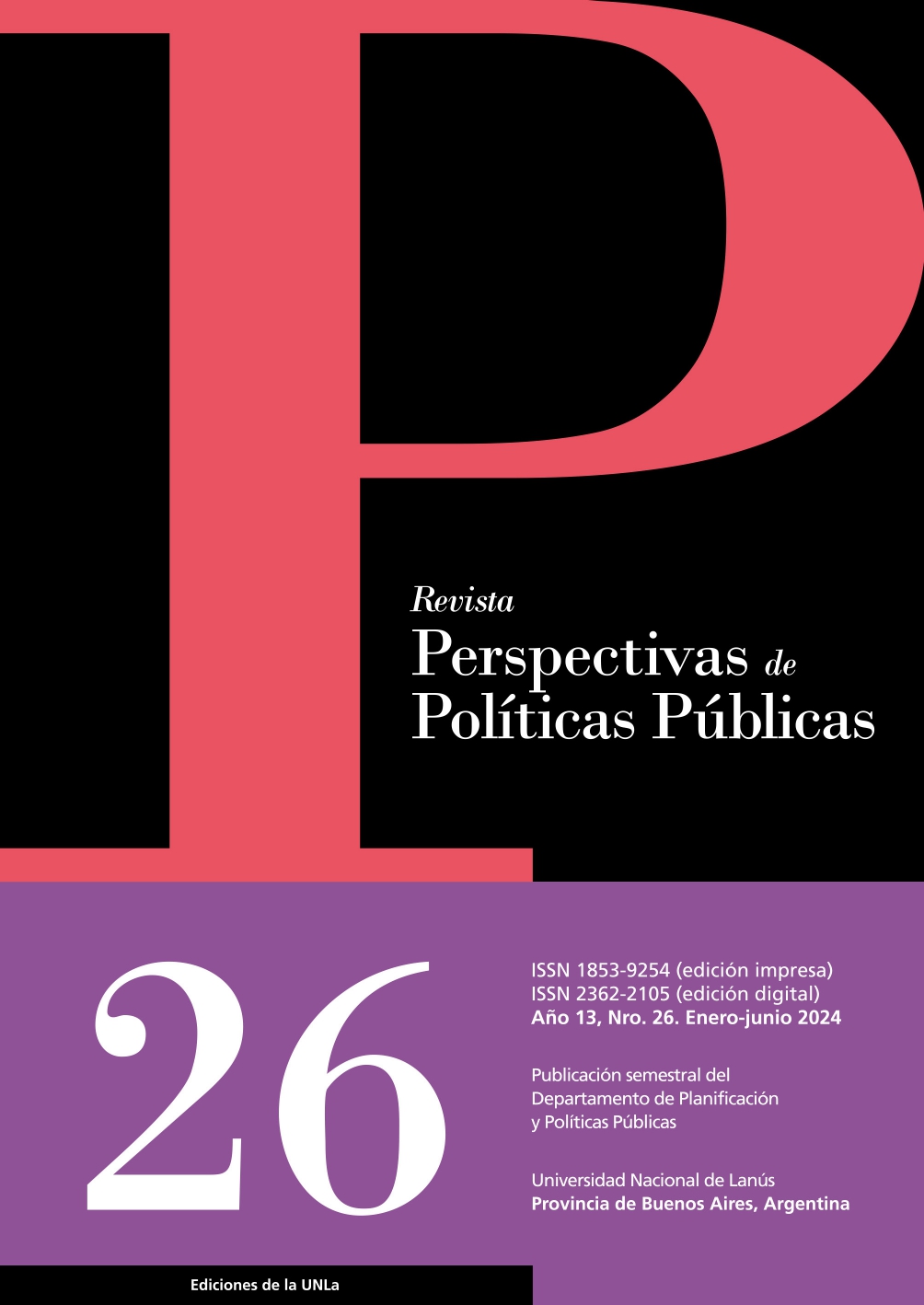Federalism and public policies coordination in Argentina. A case study on the Federal Council on Disabilities
Abstract
Argentina´s institutional organization relies on a centralized plural federalism. Several reforms implemented at the end of the 20th century conducted to a State´s metamorphosis through a sharp reduction in public spending at the national (federal) level together with an increase in provincial spending due to the assumption of additional governmental functions and the provision of public services without receiving more resources. In this scheme, the federal councils acquire relevance as instruments of intergovernmental coordination. Yet, all over the year 2022, far from assuming a coordinating role of the different jurisdictional levels, the Federal Council on Disability concentrated its function on surveying the regulations in each jurisdiction and on the exchange of requests and claims, generally from the subnational level to the national one.






